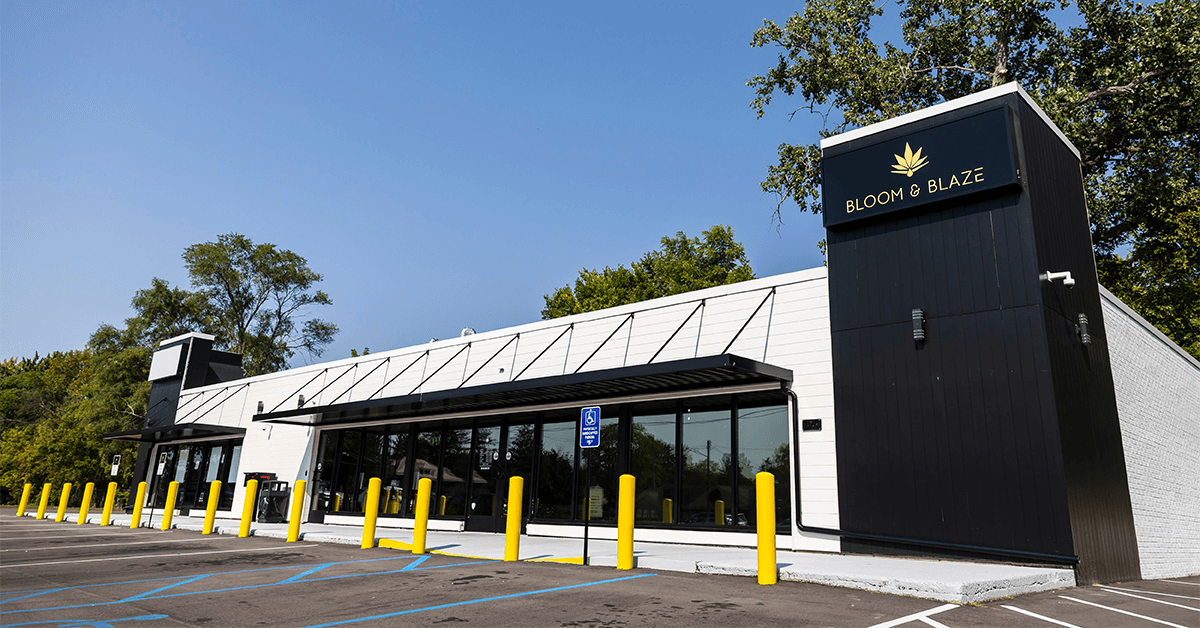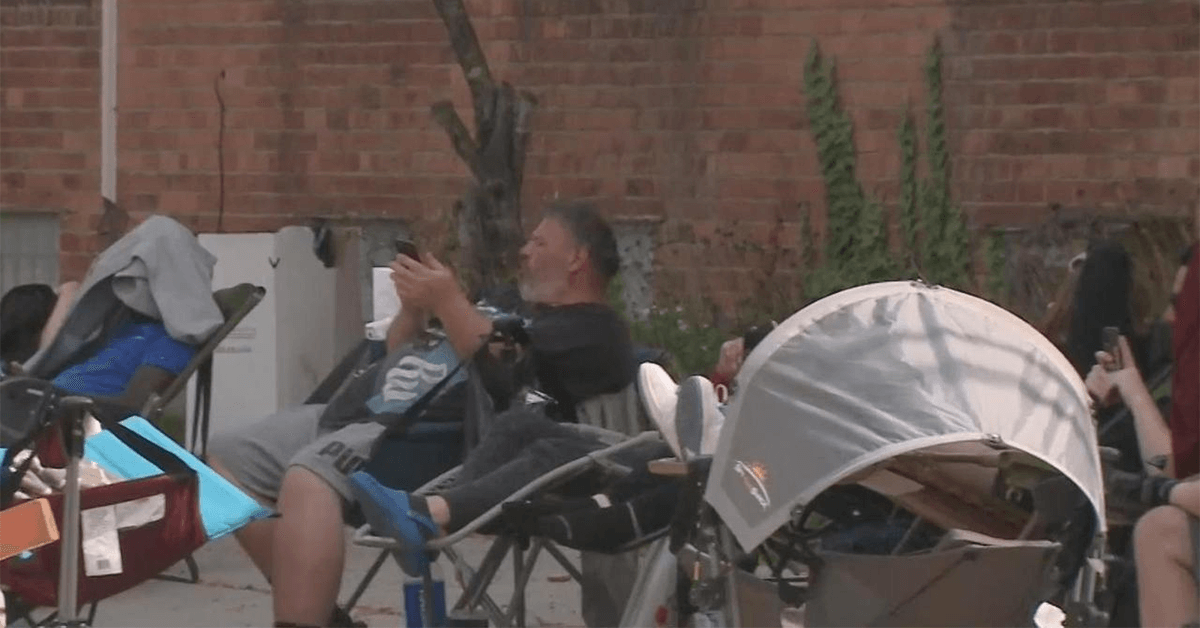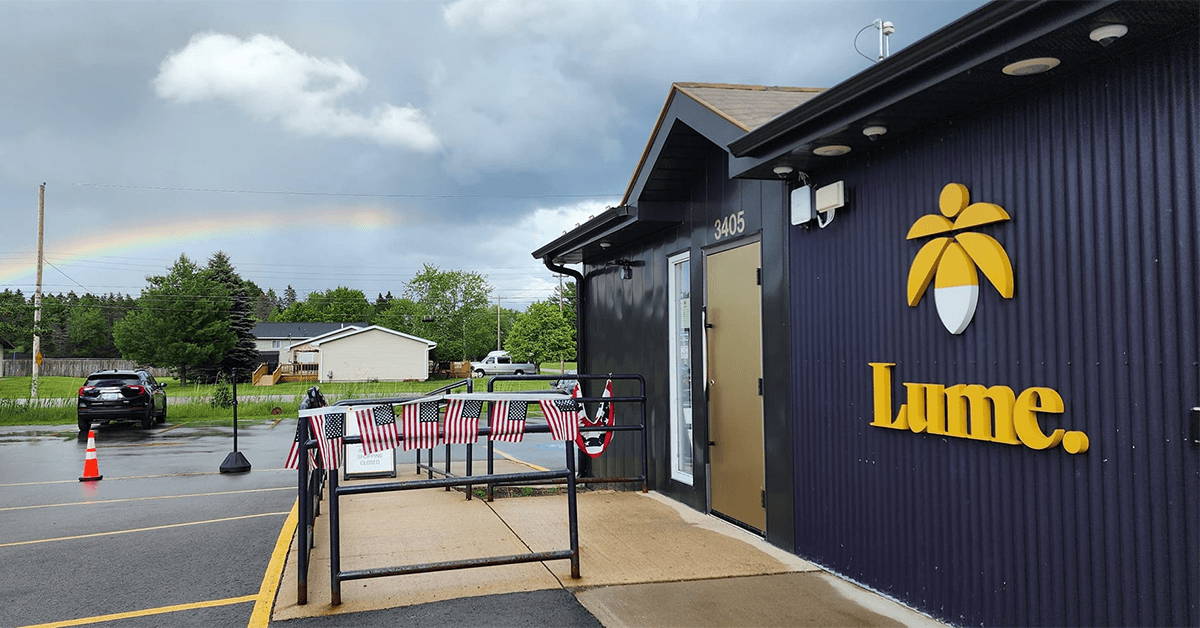DOOBIE Act Gains Senate Support, Aims to End Employment Bias for Cannabis Use

A U.S. Senate committee has approved a bill aimed at preventing federal agencies from using past cannabis consumption as a basis for denying employment or security clearances. The bipartisan measure, known as the Dismantling Outdated Obstacles and Barriers to Individual Employment (DOOBIE) Act, passed the Senate Homeland Security and Governmental Affairs Committee in a 9-5 vote. Introduced by Senator Gary Peters (D-MI), the legislation represents a significant shift in federal hiring practices to better align with the growing trend of cannabis legalization at the state level.
This measure is part of an ongoing effort to ensure that prior marijuana use does not automatically disqualify candidates from public service. Currently, federal regulations allow agencies to reject applicants for federal jobs or security clearances based on past marijuana use, regardless of whether the applicant's state has legalized cannabis for medical or recreational use. The DOOBIE Act would change that by making it illegal for federal agencies to deny employment or security clearances solely on the basis of an individual's past use of marijuana.
Aligning Federal Policy with a Changing Legal Landscape
Senator Peters emphasized the need for federal hiring policies to reflect the rapidly evolving legal and cultural views on cannabis. "The federal government must adapt its hiring practices to reflect the evolving legal and social landscape of our nation," Peters said in a statement. "My bill takes a crucial step by aligning federal policy with existing agency guidance, ensuring that past marijuana use alone doesn't automatically disqualify talented individuals from public service. This approach will expand our talent pool and create a fairer, more inclusive hiring process."
The DOOBIE Act's approval in committee marks the first step in a legislative process that could lead to more equitable hiring practices across the federal government. All Democratic members of the committee, along with one Independent and Republican Senator Rand Paul (R-KY), supported the bill. The remaining Republican members opposed the measure.
The legislation now heads to the full Senate for further consideration. If passed, it would significantly alter how federal agencies handle employment applications from individuals who have used marijuana in the past.
Key Provisions of the DOOBIE Act
Under the DOOBIE Act, federal agencies would no longer be allowed to disqualify job candidates or deny security clearances solely based on past marijuana use. The bill outlines several key areas of reform:
-
Federal Employment: Agencies would be prohibited from using prior cannabis use as the sole factor in determining employment eligibility or suitability for federal jobs.
-
Security Clearances: The legislation also prevents federal agencies from denying security clearances based solely on past cannabis use. This would provide clarity and reassurance for those who may have previously avoided applying for federal positions due to concerns about being disqualified for cannabis consumption.
-
Credentialing: Federal employees would not be denied personal identity verification credentials—used to access federal facilities and information—based solely on prior marijuana use.
-
Oversight and Implementation: The bill includes a provision for oversight, ensuring that the Office of Personnel Management (OPM) and the Director of National Intelligence (DNI) update their policies to reflect these new rules. The U.S. comptroller general will be responsible for assessing the implementation of the law and ensuring compliance by federal agencies.
-
Regulatory Updates: OPM and DNI would be required to revise their regulations to communicate that past marijuana use is not a barrier to federal employment. The Director of National Intelligence, in particular, has affirmed that current policy already discourages agencies from denying security clearances for past cannabis use, but this legislation would formalize that stance across all federal agencies.
Addressing the Disconnect Between Federal and State Law
As of 2024, 24 states and Washington, D.C., have legalized both medical and recreational cannabis use, while an additional 14 states permit cannabis for medical purposes. However, federal law continues to classify marijuana as a Schedule I controlled substance, leading to a disconnect between state policies and federal hiring practices. This has discouraged many qualified candidates from pursuing federal positions due to concerns about being automatically disqualified for prior cannabis use.
The DOOBIE Act aims to address this disconnect, aligning federal hiring policies with current state laws and cannabis legalization trends. By removing the stigma attached to past marijuana use, the bill seeks to broaden the pool of qualified candidates for federal positions and ensure that the government can compete with the private sector for top talent.
Broad Support and Some Opposition
The DOOBIE Act has garnered support not only from Senate Democrats but also from Republican lawmakers such as Senator Rand Paul, who voted in favor of the bill in committee. However, opposition remains strong among some Republicans, who argue that cannabis use, even in the past, should be a disqualifying factor for federal employment.
The measure has a counterpart in the House of Representatives, the Cannabis Users Restoration of Eligibility (CURE) Act, which seeks to provide similar protections for federal job applicants. A previous version of the bill, introduced last year, received bipartisan support but faced challenges during the legislative process. The DOOBIE Act marks the latest effort to address those concerns and push for reforms in federal employment practices.
Next Steps
The DOOBIE Act now moves to the full Senate, where it will be debated and voted on in the coming weeks. If passed, it would mark a major step forward in aligning federal employment policies with the broader movement toward cannabis legalization across the United States.
Conclusion
The DOOBIE Act represents a significant step toward ensuring that past marijuana use does not unfairly penalize individuals seeking federal employment or security clearances. As more states move to legalize cannabis, the bill addresses a growing need to modernize federal hiring practices and remove outdated barriers to public service. With bipartisan support and a companion bill in the House, the legislation has the potential to reshape federal employment policies and open the door to a more inclusive and competitive workforce.
Share this article:
Spotted a typo, grammatical error, or a factual inaccuracy? Let us know - we're committed to correcting errors swiftly and accurately!








 Helpful Links
Helpful Links